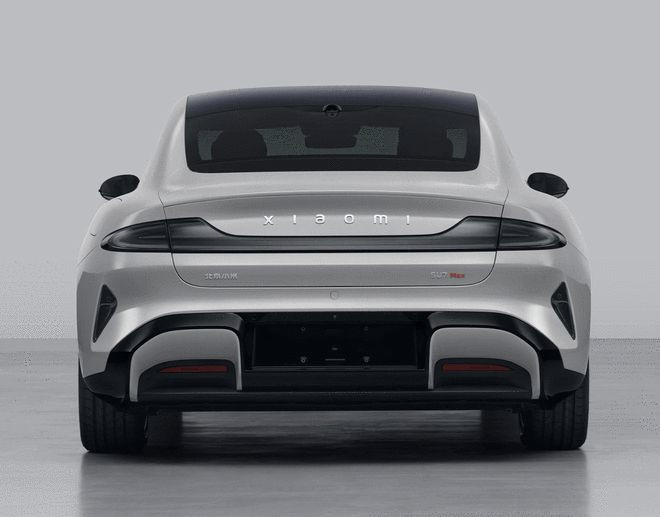Xiaomi is facing a sharp decline in demand for its SU7 electric sedan in China, as fallout from a fatal crash and a mounting design controversy threaten the tech giant's high-profile expansion into the electric vehicle market. New orders for the SU7 fell 55% in April from March and continued to drop into May, with only 13,500 orders placed in the first half of the month, according to a note from Deutsche Bank analysts.
The downturn follows a string of damaging developments for Xiaomi, including consumer backlash over its optional ¥42,000 ($5,826) carbon fiber hood for the SU7 Ultra model. Nearly 400 owners are now seeking refunds, alleging that the company falsely promoted the hood as featuring functional dual air ducts designed for performance cooling. Testing by bloggers revealed the ducts were decorative and provided minimal airflow.
Xiaomi issued an apology last week, citing "unclear communication," but the response has failed to stem criticism. The company offered affected customers ¥2,000 in loyalty points or hood replacements, yet over 300 owners are pursuing legal action for false advertising, according to Chinese state-affiliated outlet The Paper.
"This crisis not only exposes the credibility crisis of Xiaomi SU7, but also the distortion of some values in the current new energy vehicle industry," The Paper wrote.
Xiaomi's founder and CEO, Lei Jun, acknowledged the gravity of the situation on social media. Lei Jun said the past month had been the most difficult period for him since founding the electronics maker a decade ago.
The turmoil was compounded by a fatal SU7 accident still under investigation, which sparked public scrutiny over the safety of Xiaomi's smart driving features. In response, Chinese regulators have tightened oversight on marketing claims related to autonomous and driver-assist systems.
The company's sales performance had surged following the SU7's March 2024 debut, briefly surpassing Tesla's Model 3 in monthly sales in China. But the pace has slowed significantly, and consumer confidence is waning.
Further aggravating buyer sentiment are inconsistent delivery estimates. Some purchasers reported receiving their vehicles far ahead of Xiaomi's stated timelines, leading analysts to question whether the company is creating an artificial perception of scarcity to drive demand.
A blogger operating under the pseudonym "A Zu" launched a crowdsourced app to track real-world delivery data, attempting to decode Xiaomi's delivery algorithm. A Zu, who owns an SU7 and declined to share his real name, said he hoped Xiaomi could be more transparent with its delivery arrangements.
Xiaomi did not respond to a request for comment.





